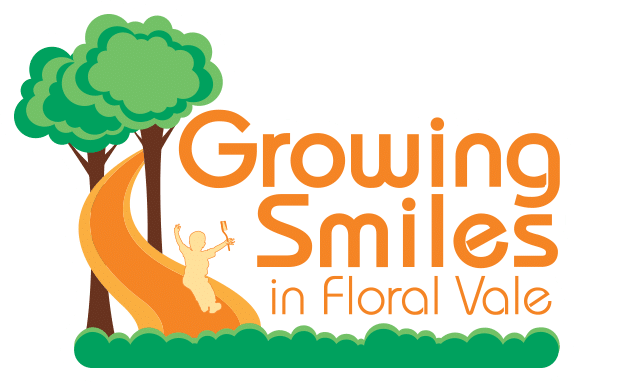Tongue-tied?
Lingual frenectomy is a surgical procedure to release the lingual frenulum and can have various functional improvements. 1. Speech Improvement: Lingual frenectomy can help improve speech articulation, especially in cases where your child is having difficultly pronouncing certain sounds like “l,” “r,” and “th.” 2. Feeding and Swallowing: For infants and young children, a lingual frenectomy can






